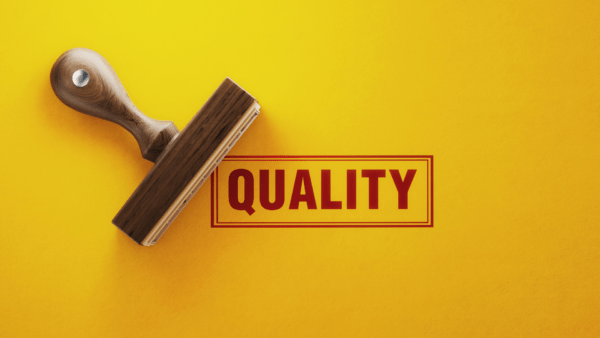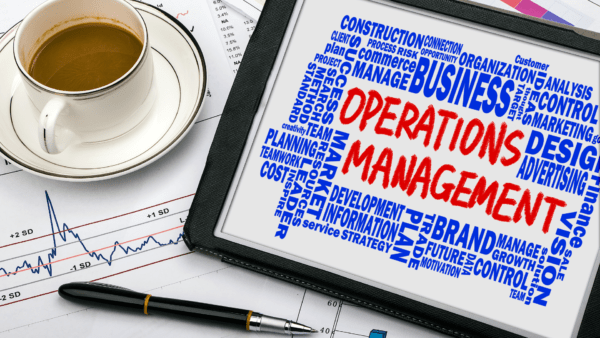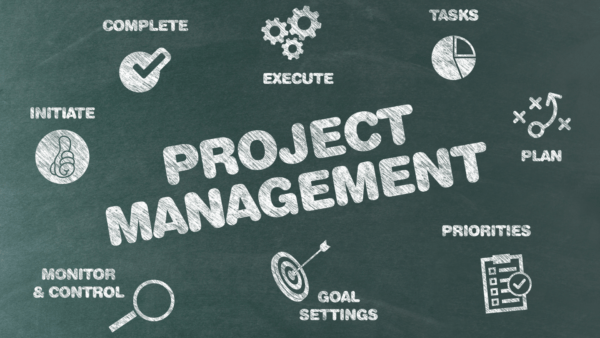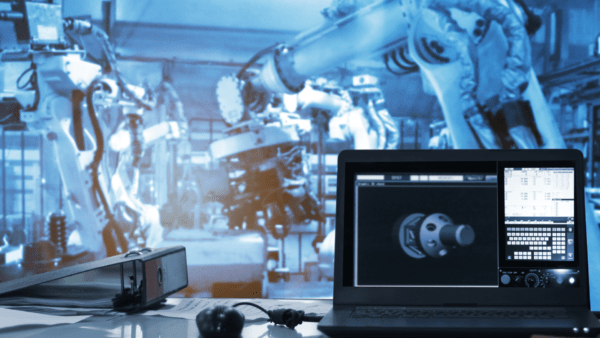
The Manufacturing and Production career field encompasses a broad range of industries and activities involved in the creation of goods and products. This field plays a crucial role in the global economy, as it involves the transformation of raw materials into finished products through various processes.
Education
Entry-level positions may require a high school diploma, while skilled roles often necessitate vocational or technical education; engineers typically need a bachelor’s degree, and management positions may require a bachelor’s degree in business or a related field, with continuous learning and practical experience highly valued across all levels.
To Consider
- Practical experience, gained through internships, co-op programs, or entry-level positions, is highly valued in the manufacturing and production field.
- Certain industries, such as aerospace or pharmaceuticals, may have specific regulatory requirements that influence the educational background needed for certain roles.
Examples of Professional Areas (non-exhaustive)
Examples of Professions (non-exhaustive)
Common soft skills (non-exhaustive)
Soft skills are crucial in the Manufacturing and Production field as they complement technical expertise and contribute to effective teamwork, communication, and problem-solving. Here are some common soft skills that are highly valued in this field (this list is non-exhaustive; note that all skills are not necessarily needed).
Adaptability: Quickly adjust to changes in technology, processes, or project requirements, demonstrating flexibility in a dynamic manufacturing environment.
Attention to Detail: Thoroughly review and monitor processes, products, and data to identify and correct errors, ensuring high levels of precision and quality.
Communication Skills: Effectively convey information, listen actively, and collaborate with team members, suppliers, and other stakeholders to ensure smooth operations.
Conflict Resolution: Navigate and resolve conflicts or disagreements among team members, fostering a positive and collaborative work environment.
Continuous Learning: Stay updated on industry trends, technological advancements, and best practices, demonstrating a commitment to ongoing professional development.
Critical Thinking: Analyze information, assess situations, and make informed decisions to improve processes, enhance efficiency, and address challenges.
Cross-Cultural Competence: Effectively work with individuals from diverse cultural backgrounds, promoting a inclusive and respectful workplace.
Customer Focus: Understand and prioritize customer needs, ensuring that products meet quality standards and are delivered on time.
Dependability: Consistently meet commitments, fulfill responsibilities, and contribute to the reliability of manufacturing operations.
Emotional Intelligence: Understand and manage one’s own emotions and those of others, fostering positive relationships and effective communication.
Ethical Judgment: Make decisions with integrity, considering the ethical implications and ensuring compliance with industry regulations and standards.
Initiative: Take proactive steps to identify opportunities for improvement, contribute innovative ideas, and drive positive change within the manufacturing process.
Interpersonal Skills: Build positive relationships with colleagues, suppliers, and other stakeholders, fostering a collaborative and inclusive work culture.
Leadership: Inspire and motivate team members, provide guidance, and take initiative in decision-making, particularly in supervisory or managerial roles.
Negotiation Skills: Effectively communicate and negotiate with suppliers, vendors, and team members to achieve favorable outcomes in terms of cost, quality, and timelines.
Problem-Solving: Analyze and address challenges, troubleshoot issues, and implement solutions to improve processes and resolve production problems.
Resourcefulness: Find creative and efficient solutions to challenges, making the most of available resources.
Stress Management: Maintain composure under pressure, handle tight deadlines, and navigate high-stress situations common in manufacturing environments.
Teamwork and Collaboration: Work cooperatively with colleagues from diverse backgrounds to achieve common goals and contribute to a positive work environment.
Time Management: Effectively prioritize tasks, manage time, and meet deadlines to ensure efficient production schedules and project timelines.














